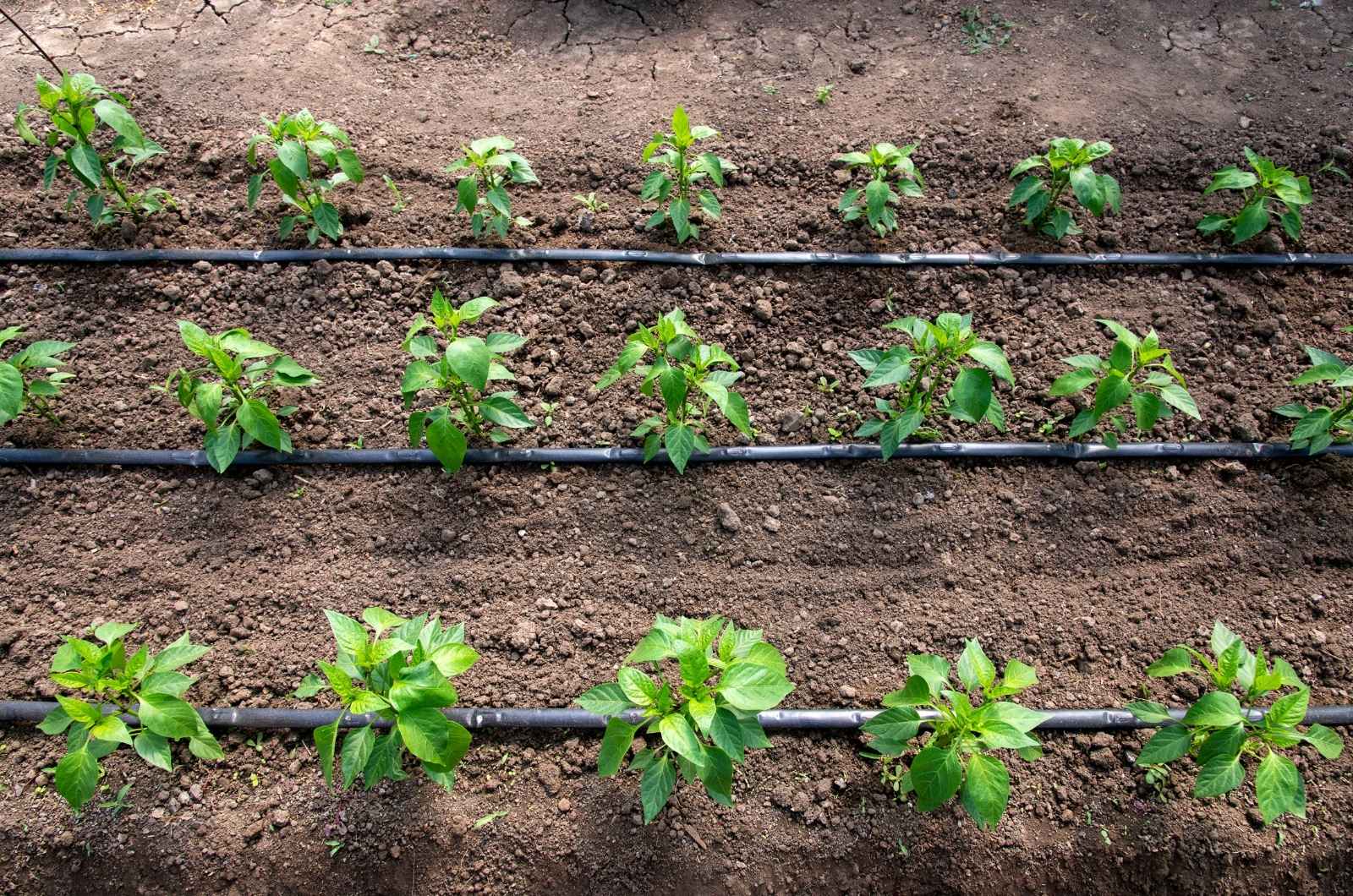?What Are Plant Phenotyping Systems
Plant phenotyping systems are tools and methodologies used to measure and analyze the physical and biochemical traits of plants. These traits, known as phenotypes, include characteristics like plant height, leaf size, root structure, and stress responses. By assessing these traits, researchers can gain insights into how plants grow and respond to various environmental conditions.
Phenotyping systems combine traditional observational techniques with advanced technologies such as imaging, sensors, and data analysis software. This integration allows for high-throughput and precise measurements that were not possible with manual methods alone. The data collected through these systems is crucial for understanding plant biology, improving crop performance, and developing new varieties that are more resilient and productive.
Overall, plant phenotyping systems are essential for advancing agricultural research, providing the detailed information needed to address challenges in food security and sustainable farming practices.
?How Do Plant Phenotyping Systems Work
plant phenotyping system are designed to measure and analyze the physical and biochemical traits of plants. These systems use a combination of sensors, imaging technologies, and data analysis tools to collect detailed information about plant characteristics. The process begins with sensors that monitor various parameters such as temperature, humidity, soil moisture, and light conditions. These sensors provide real-time data on the environmental factors affecting plant growth.
Imaging technologies play a crucial role in phenotyping. High-resolution cameras capture images of plants, which are then analyzed using software to identify traits like leaf area, plant height, and biomass. Advanced imaging techniques, such as hyperspectral imaging, can detect specific wavelengths of light reflected by the plants, providing insights into their health and nutrient status.
Data collected from sensors and imaging devices are processed using sophisticated algorithms. This analysis helps researchers understand how different environmental conditions impact plant growth and development. The integration of these technologies allows for high-throughput phenotyping, meaning large numbers of plants can be analyzed quickly and accurately.
Overall, plant phenotyping systems provide a comprehensive view of plant performance under varying conditions. This information is invaluable for breeding programs, crop management, and understanding plant responses to environmental stressors.
?What Technologies Are Used in Plant Phenotyping
Plant phenotyping relies on a range of advanced technologies to analyze and measure various plant traits. One of the primary technologies used is imaging systems, which include visible light, infrared, and hyperspectral imaging. These systems capture detailed images that reveal information about plant health, biomass, and physiological status.
Another crucial technology is automated sensor systems. These sensors measure environmental conditions such as soil moisture, temperature, and humidity, as well as plant-specific parameters like leaf temperature and chlorophyll fluorescence. The data collected from these sensors provide insights into the plant's response to its environment.
Additionally, non-invasive techniques such as thermal imaging and 3D scanning are employed. Thermal imaging helps in assessing plant water status and detecting stress, while 3D scanning provides accurate measurements of plant structure and growth.
Plant-DiTech, a leader in this field, integrates these technologies into their phenotyping platforms. Their systems, such as the Plantarray, offer high-throughput, precise measurements of plant performance under various conditions. These technologies enable researchers to conduct comprehensive studies on plant behavior, leading to the development of more resilient and productive crops. By utilizing these advanced tools, agricultural research can achieve significant advancements in understanding plant biology and improving crop yields.
What Are the Benefits of Plant Phenotyping Systems in Agricultural Research?
Plant phenotyping systems provide multiple benefits that significantly enhance agricultural research. These systems allow for the precise measurement and analysis of plant traits, which can lead to various improvements in crop production and management.
Enhanced Data Collection
Plant phenotyping systems enable researchers to collect detailed data on a wide range of plant characteristics, including growth rates, biomass, and physiological responses. This data is essential for understanding how different plant species and varieties respond to various environmental conditions and treatments. By having access to comprehensive datasets, researchers can make more informed decisions and develop strategies to optimize crop performance.
Improved Crop Breeding
One of the primary benefits of plant phenotyping is its role in crop breeding programs. By identifying and selecting plants with desirable traits, such as drought tolerance or disease resistance, researchers can develop new varieties that are better suited to specific environments. This leads to the production of crops that are more resilient and have higher yields, contributing to food security and sustainable agriculture.
Stress Response Analysis
Plant phenotyping systems also play a crucial role in understanding how plants respond to stress factors like drought, heat, and pests. By analyzing these responses, researchers can identify the mechanisms that enable certain plants to withstand adverse conditions. This knowledge is vital for developing crops that can thrive in challenging environments, ensuring stable food production even under climate change pressures.
?How Does Plant-DiTech Contribute to Agricultural Research
Plant-DiTech plays a significant role in advancing agricultural research through its innovative plant phenotyping systems. By providing precise measurement tools and advanced technologies, Plant-DiTech enables researchers to gather detailed data on plant growth and stress responses. Their systems allow for real-time monitoring of plant water usage, root development, and overall health. This detailed data helps scientists develop more resilient crops, optimize water usage, and improve crop yields. Additionally, Plant-DiTech's solutions are designed to be user-friendly and adaptable, making them suitable for a wide range of research settings. By facilitating a deeper understanding of plant physiology, Plant-DiTech contributes to the development of sustainable agricultural practices and the breeding of high-yield, stress-tolerant crops.
Plant phenotyping systems, like those from Plant-DiTech, are revolutionizing agricultural research by providing precise data on plant traits. These systems enhance crop breeding, stress response analysis, and overall agricultural productivity. As technology advances, the role of plant phenotyping in sustainable agriculture will continue to grow.
